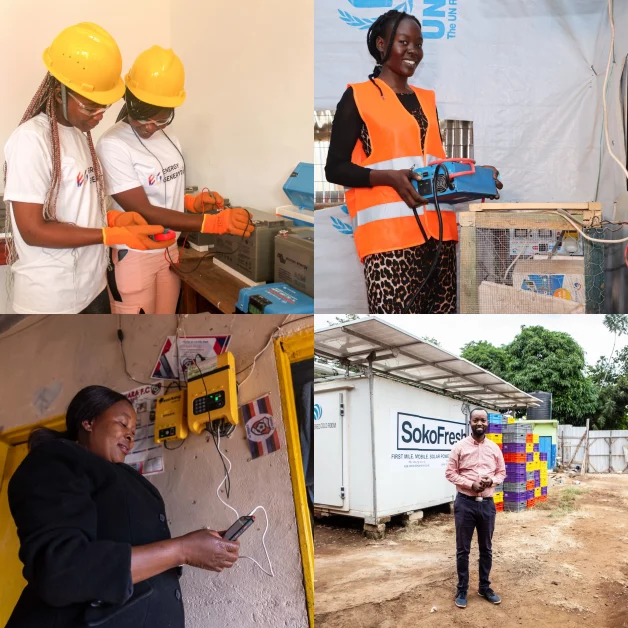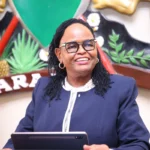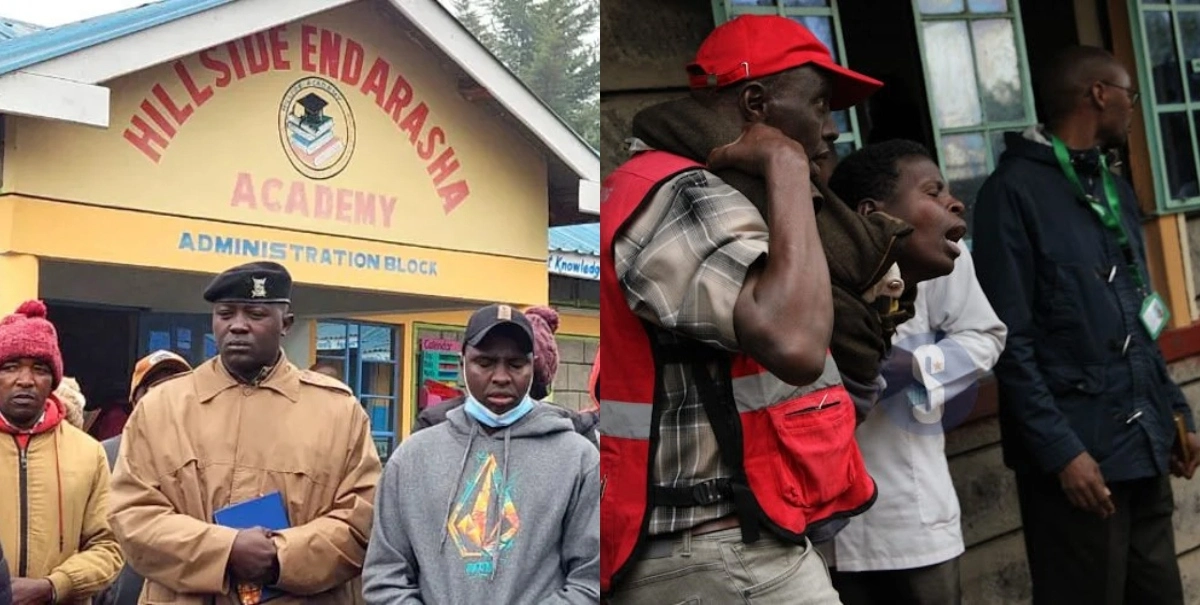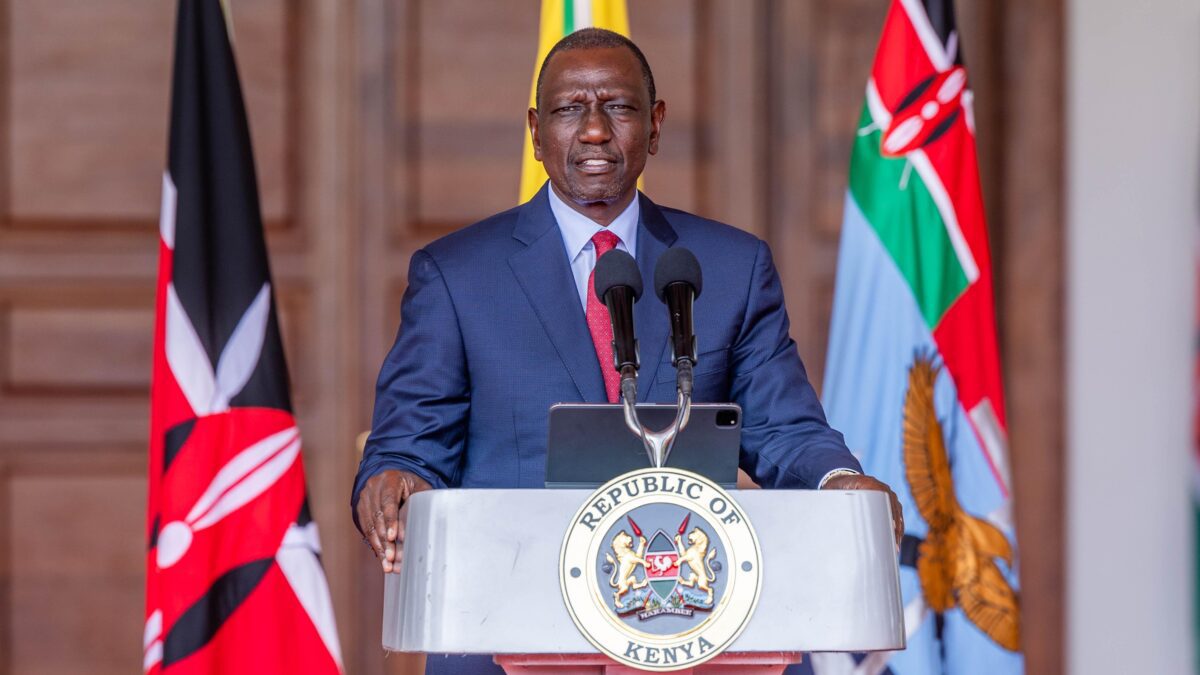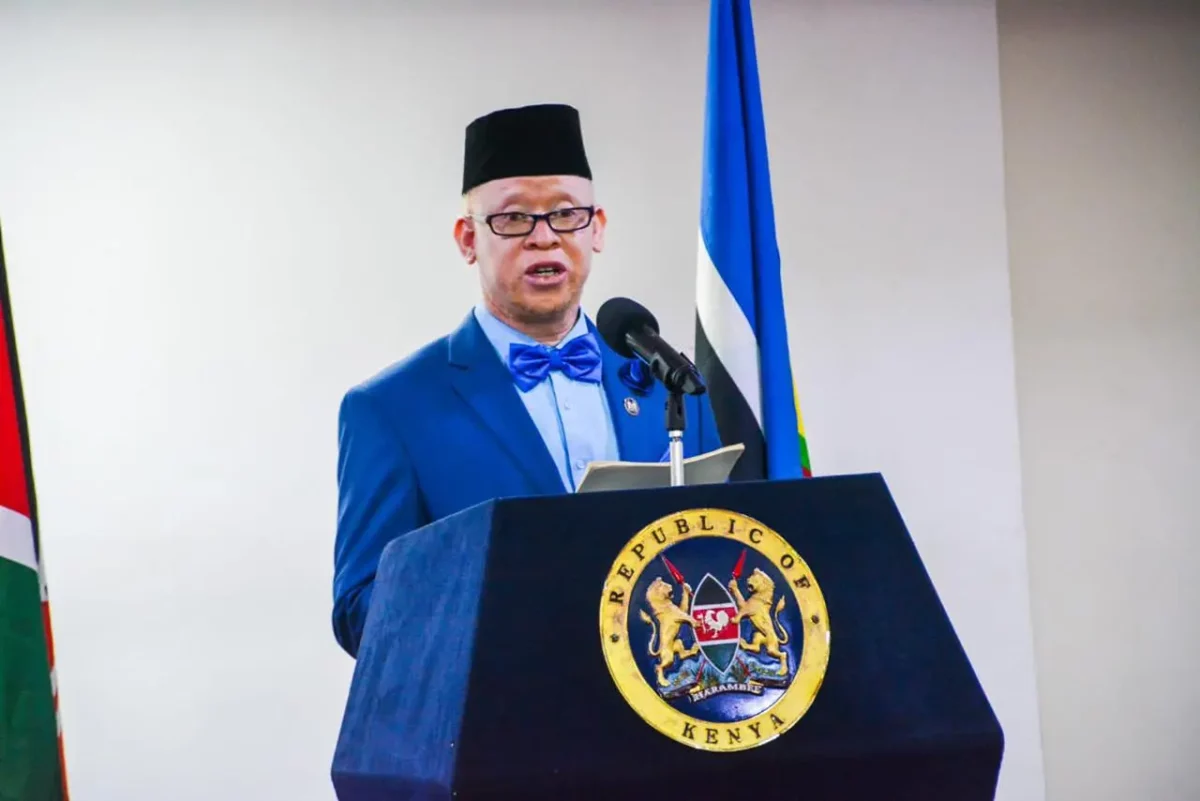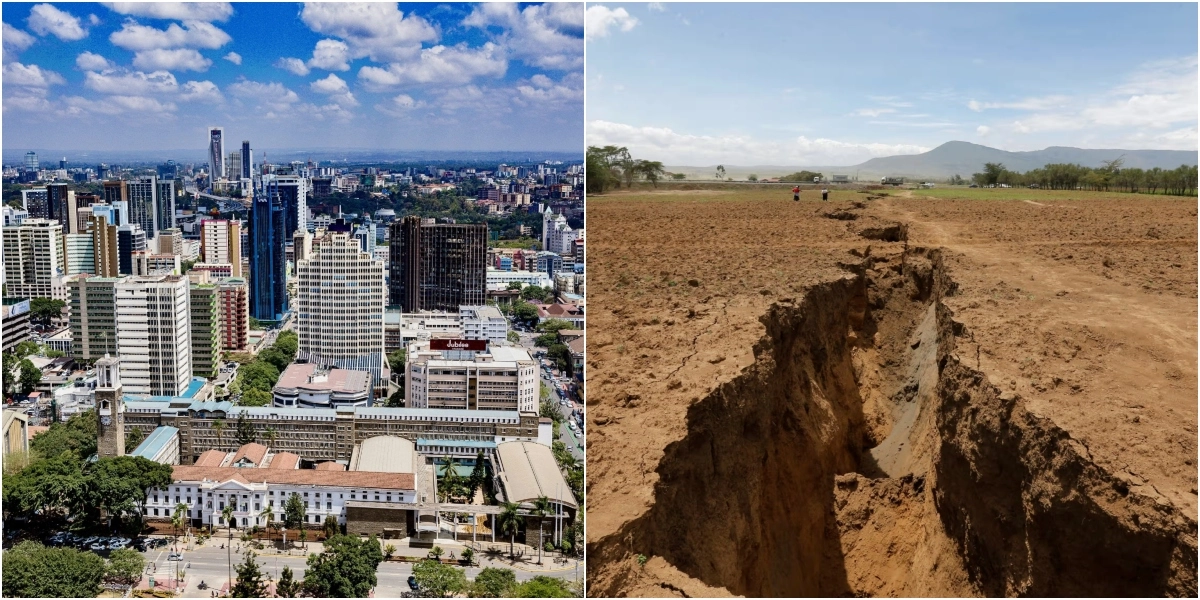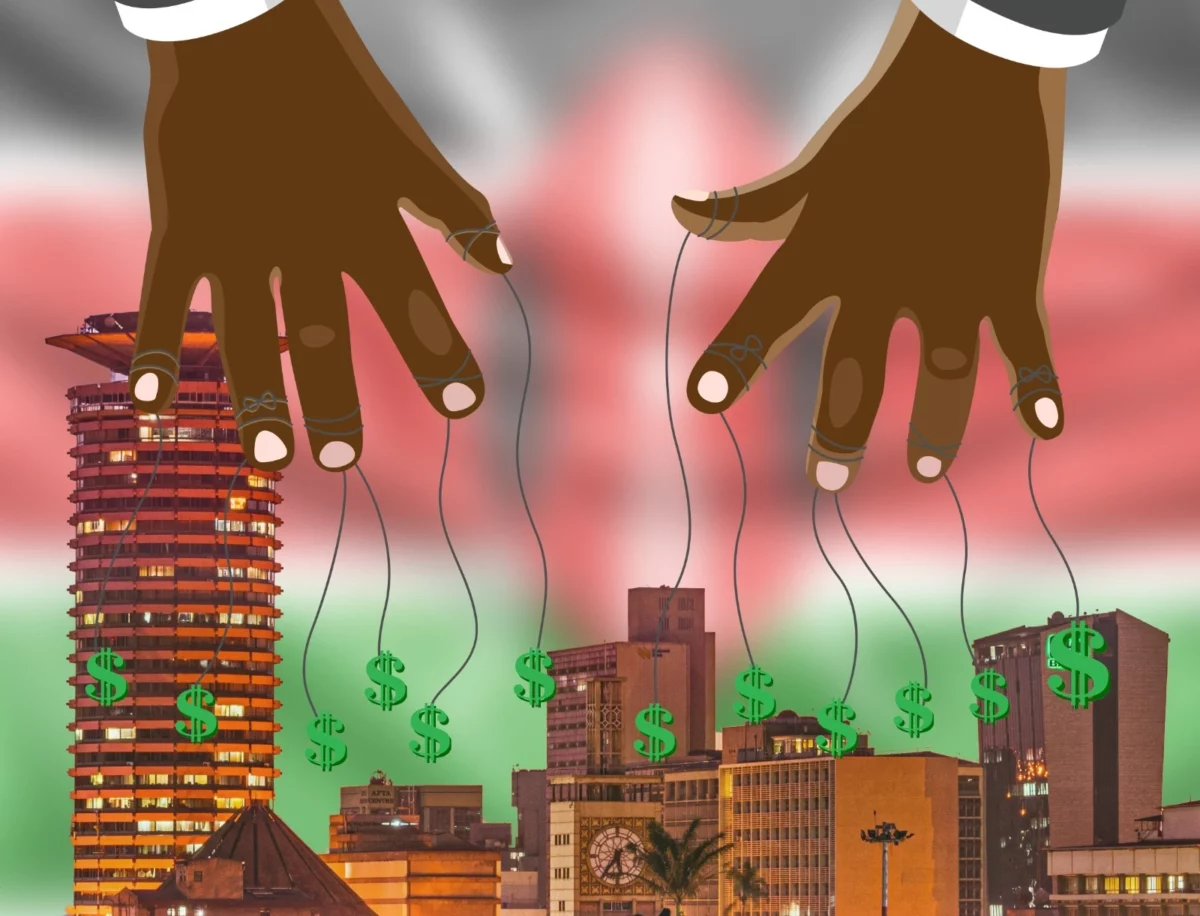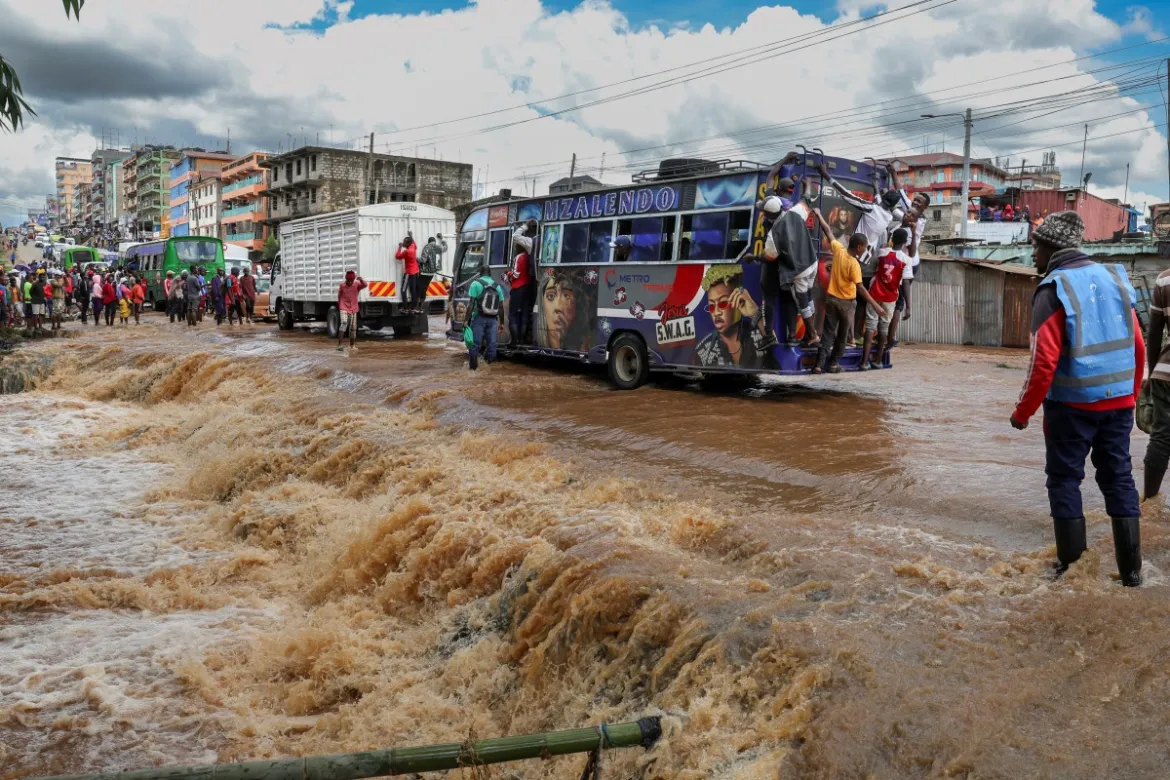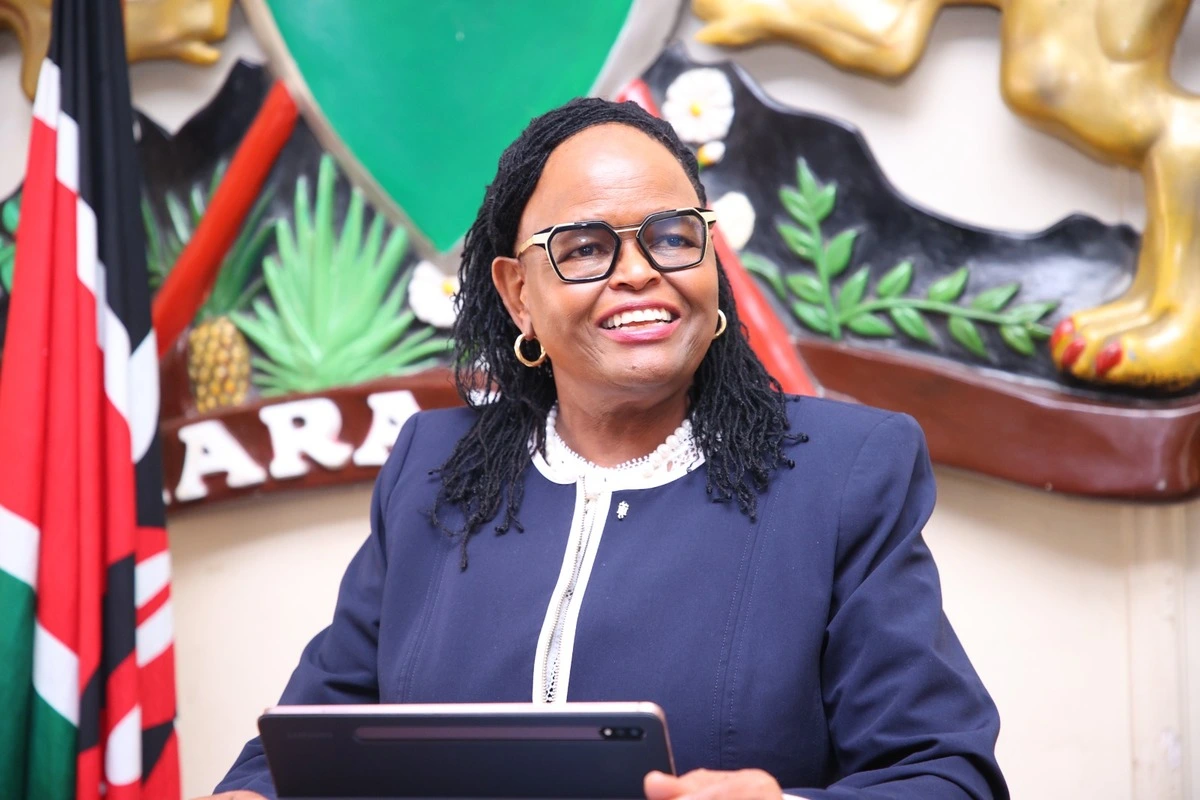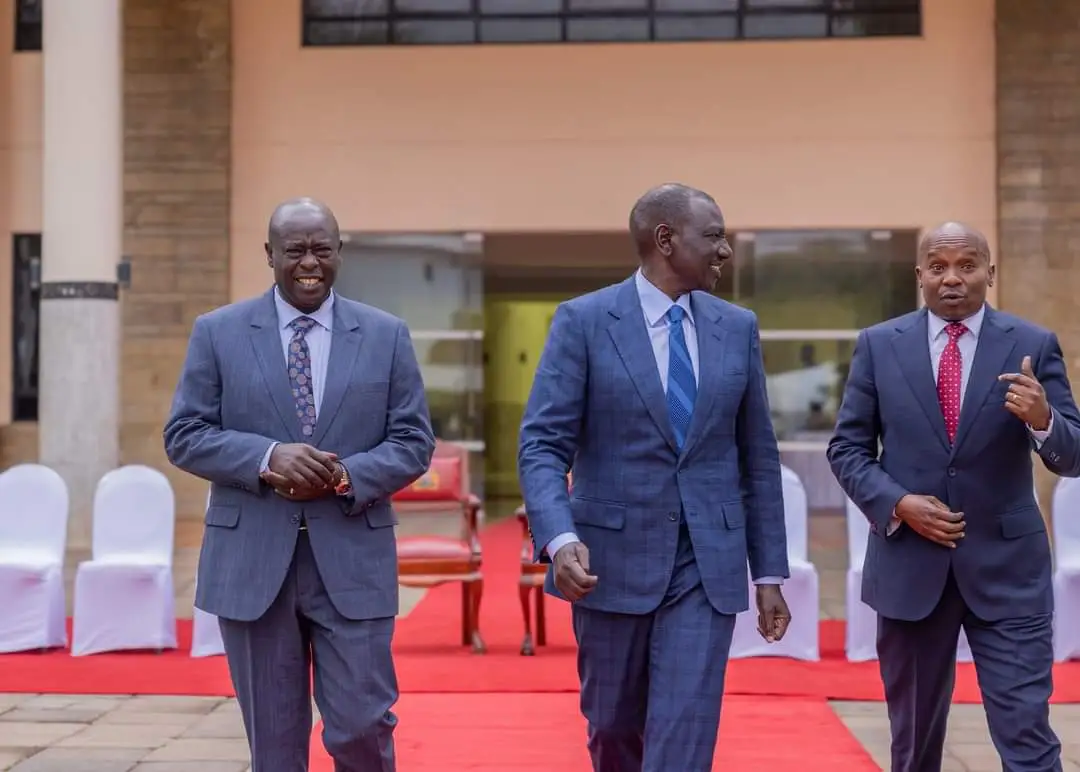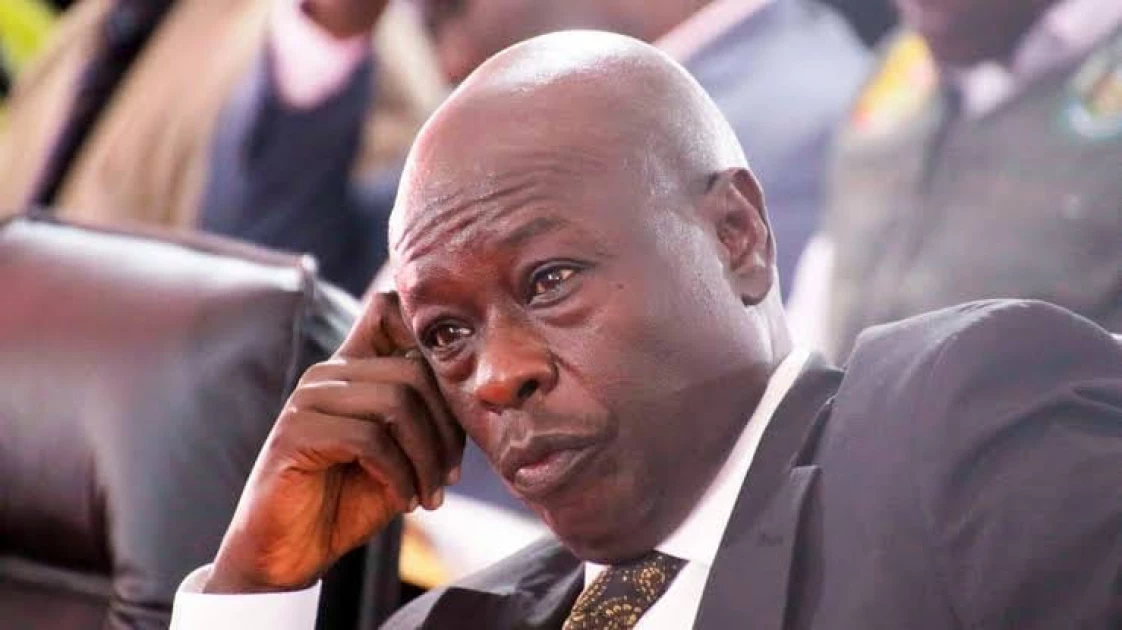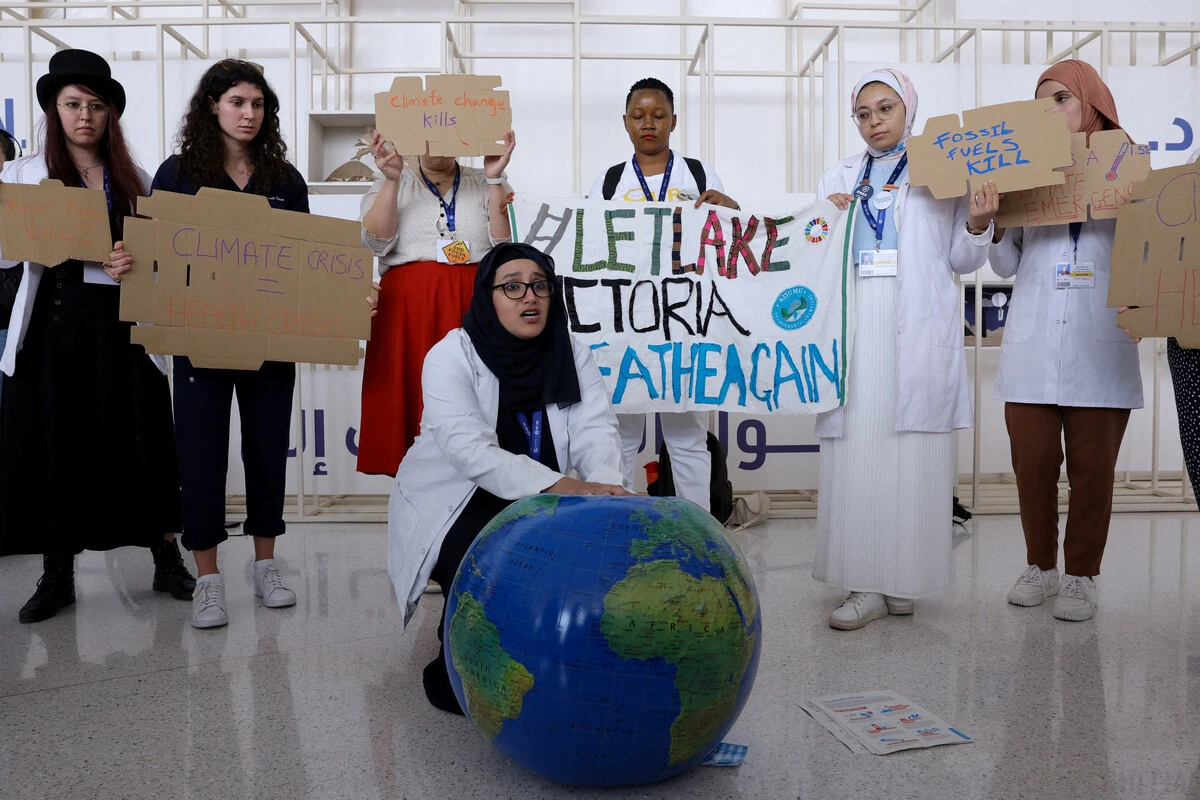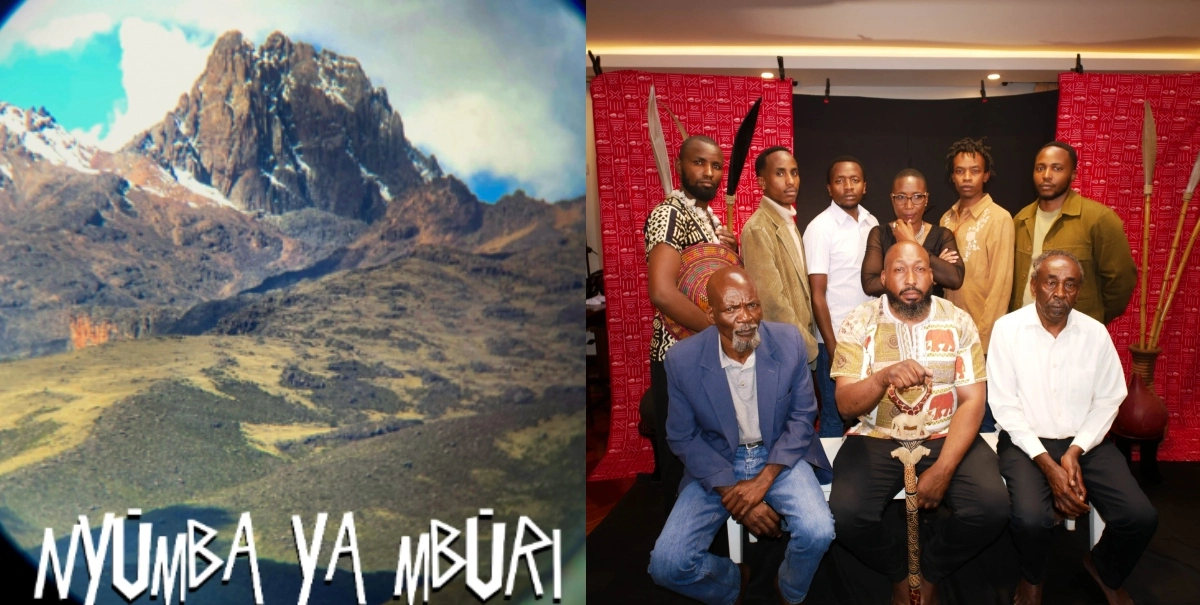Clean energy trailblazers from three African countries are among the winners of this year’s prestigious Ashden Awards which recognize the most cutting-edge projects throughout the globe implementing clean and affordable energy and natural climate solutions.
Out of the six winners from the Global South, two are from Kenya and the others are from Togo and Zimbabwe.
Between them, they won awards for enhancing farmers’ access to clean energy, improving the standard of living for refugees, or preparing people for careers in renewable energy technologies.
For the first time since it started in 2001, the Ashden Awards this year is being held in Nairobi, as well as London, ahead of COP27 which will have an Africa focus.
The ceremony, hosted by Kenyan human rights lawyer Cynthia Nyongesa, brought to life the stories and solutions of organizations creating the future and premiered powerful films showing the winners’ work.
Kenyan environmentalist Wanjira Mathai, Managing Director for Africa and Global Partnerships at World Resources Institute, was the keynote speaker at the event.
Other speakers included Jane Kimani, director of East Africa Operations at Angaza which won an Ashden Award in 2018; Amer Alkayed Steering Committee Member from Global Refugee Led Network; Julius Court, British Deputy High Commissioner; and Pamela Sittoni from the Nation Media Group.
With strong competition for awards in categories related to improving training and the number of skilled workers in the renewable energy sector, winners were selected for delivering innovative and scalable climate solutions to the journey to zero carbon.
Winners were chosen from more than 200 applicants globally by judges, including clean energy sector specialists from around the world, indigenous community representatives, refugees involved in energy access, and funders, and will receive up to Ksh 3.5 million (£25,000) to help scale up their vital work.
Harriet Lamb, Ashden CEO, said: “Through our awards and at this, our first African ceremony, we are proud to celebrate and promote the groundbreaking climate solutions which will deliver a low-carbon future.
“Our winners and runners-up show how the continent is a hotbed of innovation demonstrating the resilience and ingenuity of those most at risk from climate change. They also show that clean energy has the potential to create jobs – 14 million in Africa by 2030 – and boost livelihoods. Green energy is a must.”
“We will be showcasing their inspiring stories at the crucial COP27 climate talks in Egypt, where global leaders should sit up, take notice and provide adequate funding to scale up efforts to deliver a future in which no one is left behind.”
In Kenya, Kakuma Ventures are bringing access to the internet to people in refugee camps using clean energy, creating jobs, and boosting education whilst SokoFresh help farmers reduce post-harvest losses through solar-powered cold storage and market linkages.
For their work to improve energy access and develop skills, Togo’s Energy Generation and Zimbabwe’s Zonful Energy were declared joint winners in their category.
ASRI, a forest-based project in Borneo, Indonesia, won the natural climate solutions award for supporting indigenous communities to reverse illegal logging with an ingenious chainsaw buy-back scheme
Runners-up were also celebrated for their innovative work and included Imece Initiative, Turkey; Collectives for Integrated Livelihood Initiatives (CINI), India; Eca-Amarakaeri, Peru.
Ahead of COP27, Ashden has also helped launch Power Up, a coalition campaign uniting and amplifying African voices to call for greater global funding for affordable, green energy, essential for climate adaptation and to support the nearly 600 million Africans still without access to electricity.
Since 2001, more than 240 innovators from all over the world have won an Ashden award.
Ashden uses its network of contacts to amplify its voices and raise awareness of the winners.
To maximize impact, the climate solutions charity also makes connections with funders, investors, policymakers, and others, providing a global platform to showcase their work.
The winners will also attend the global Ashden Awards ceremony in London on the 2 November joining three UK award winners.
To watch all of this year’s winners online, register for the Ashden Awards global ceremony on 2 Nov: The 2022 Ashden Awards London Ceremony + live online viewing – Ashden.
Subscribe to YouTube Channel at Switch TV.
Ashden Awards – winners and runners-up:
Ashden Award for Energising Refugee Livelihoods, supported by The Linbury Trust, the Alan & Babette Sainsbury Charitable Fund, JAC Trust, Ashden Trust, and a public appeal.
WINNER
Kakuma Ventures, Kenya – creating clean energy, internet connections, and new jobs for refugee camp residents.
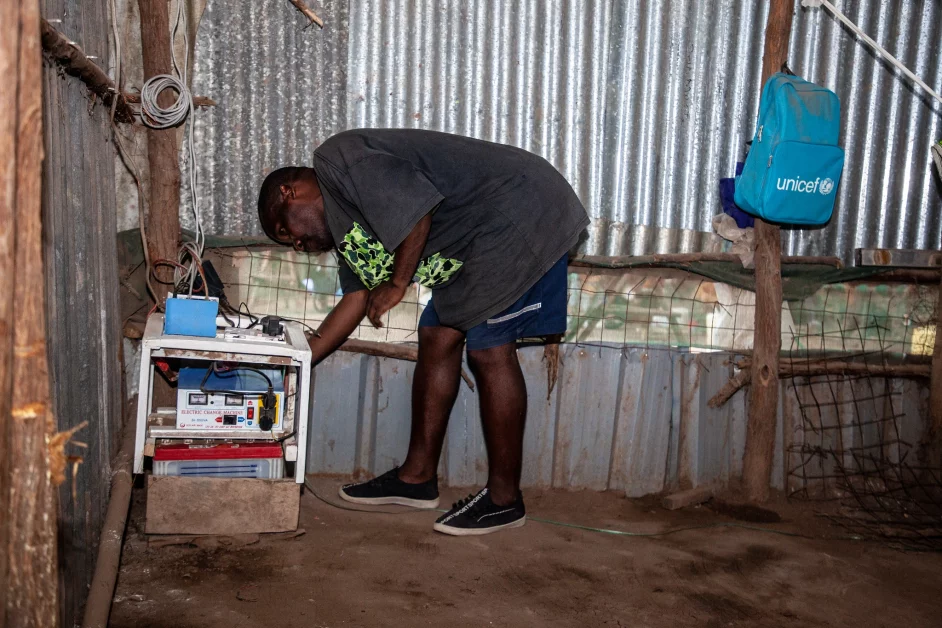
Runner up
Imece Initiative, Turkey – training refugee and migrant women for a future as solar engineers.
Ashden Award for Energising Agriculture, supported by Department for Business, Energy, and Industrial Strategy.
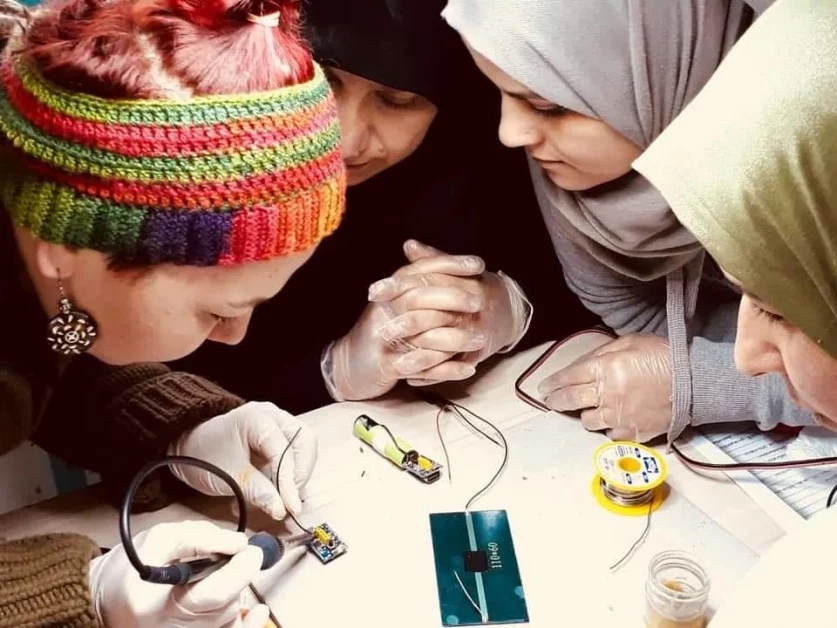
WINNER
SokoFresh, Kenya – sustainable cold storage for smallholders, matched with help getting products to market.
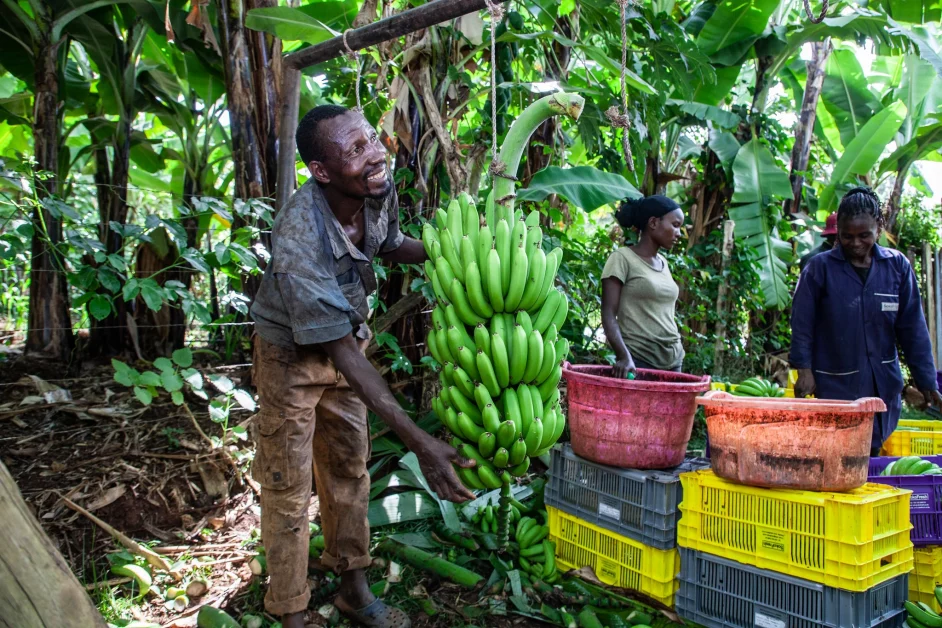
Runner up
Collectives for Integrated Livelihood Initiatives (CINI), India – Community-led production hubs in tribal areas.
Ashden Award for Energy Access Skills, supported by LinkedIn.
WINNER
Energy Generation, Togo – a ground-breaking training centre empowering entrepreneurs to create solutions for Africans by Africans – sparking opportunities for women.
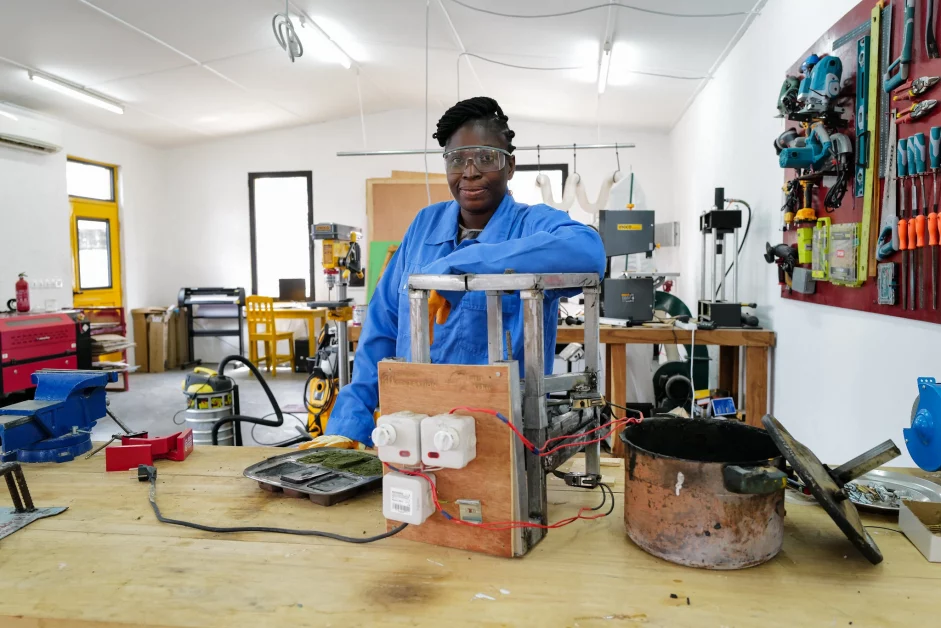
WINNER
Zonful Energy, Zimbabwe – training in the solar sector for rural young people, through collaboration with colleges and NGOs, alongside connections to jobs.
Ashden Award for Natural Climate Solutions, supported by Department for Business, Energy, and Industrial Strategy
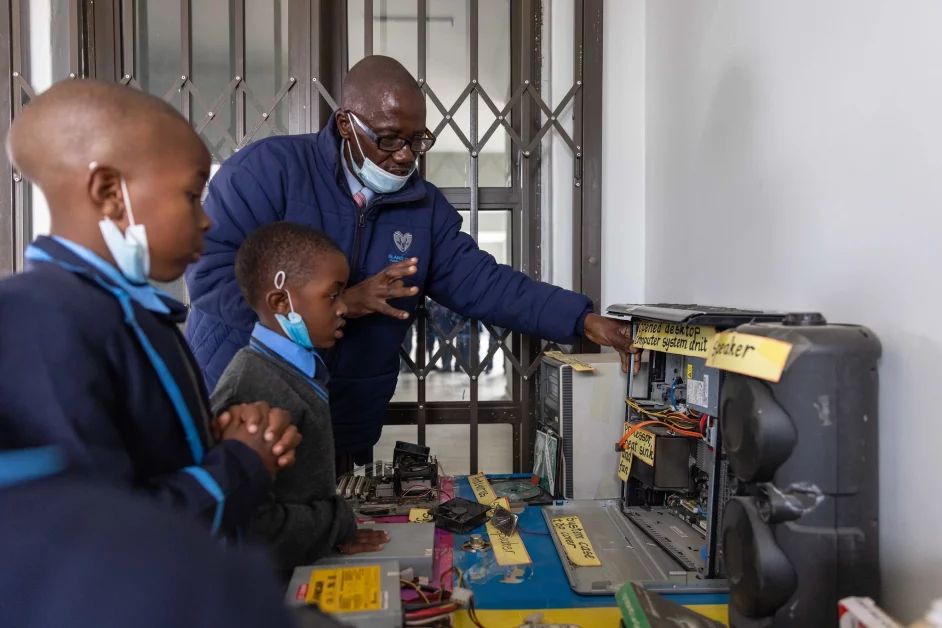
WINNER
ASRI, Indonesia – Alam Sehat Lestari (ASRI) works with indigenous communities, replanting trees in deforested areas and promoting sustainable forms of income to reverse illegal logging.
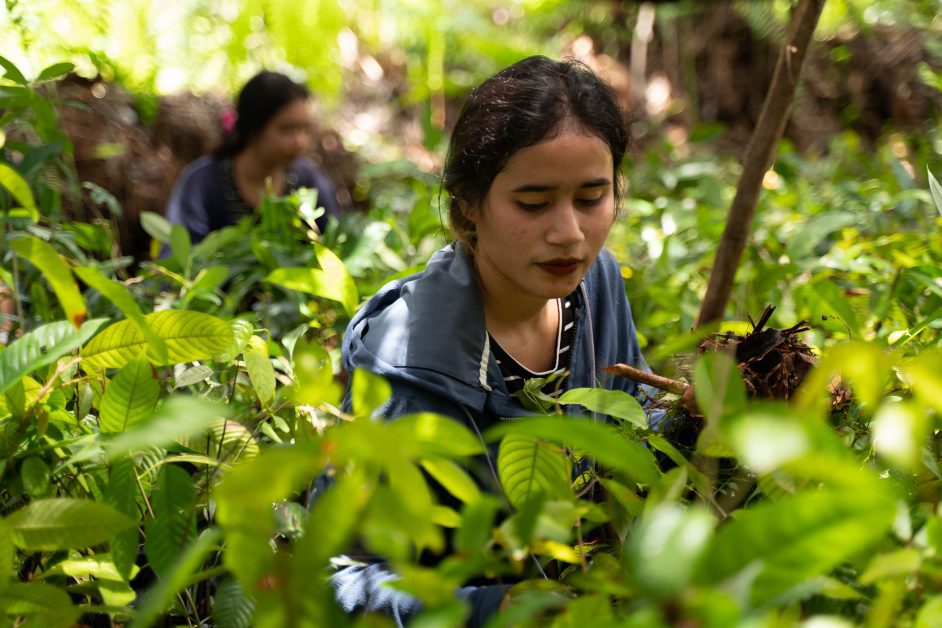
Runner up
Eca-Amarakaeri, Peru – Indigenous communities work with government officials to sustainably manage and patrol rainforests threatened by gold mining and illegal logging.


